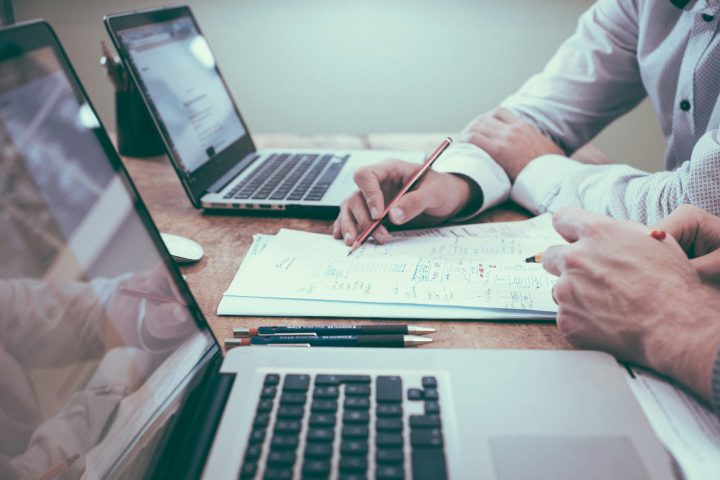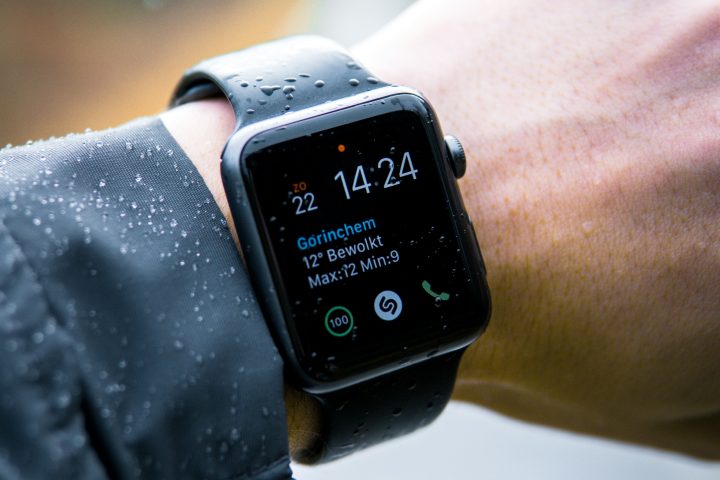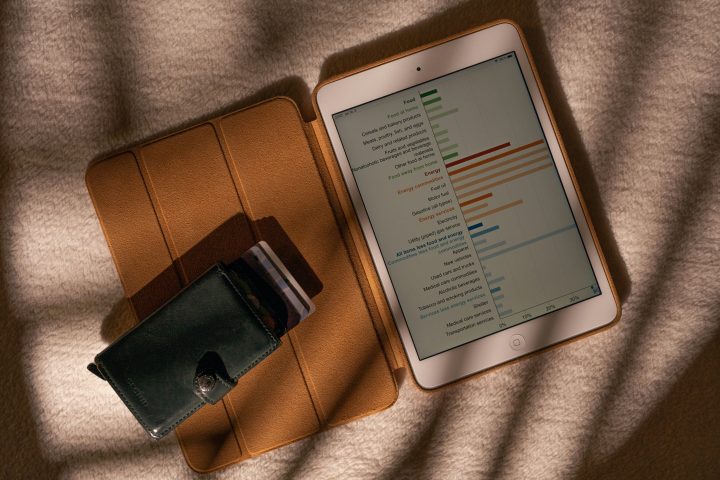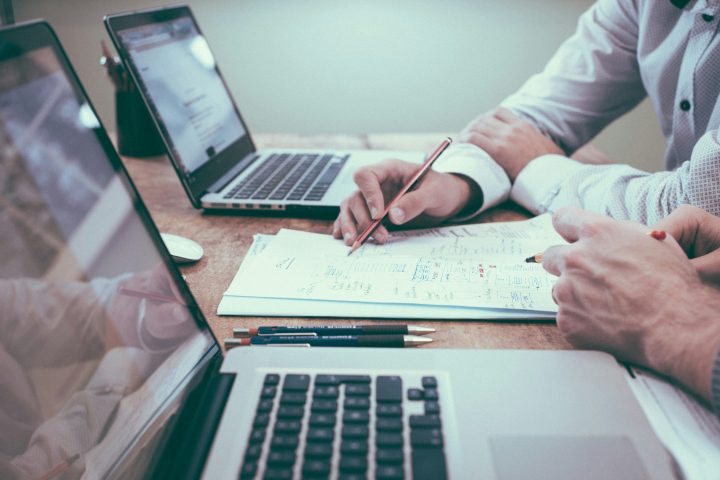Nothing feels good that digging into your wallet and taking out a credit card to pay for your bills. And while it is a fleeting moment of maturing you feel within, the question is- is it actually worth getting a credit card?
Here’s a fact; getting a credit card is a good option for building your credibility, but you have to look out for possible debt traps. Moreover, a credit card is only good for you if you use it responsibly and pay your debts on time.
But, there’s no denying that consumers take this for granted and eventually find themselves in a never-ending debt trap. So, if you have been in an inner debate about getting yourself a credit card or not, are some of the implications you must consider.
The Benefits Of A Credit Card
There’s something about having a necessary cash backup in the back of your pocket that pushes people to get a credit card. A credit card comes with a predetermined credit limit which is calculated based on the consumer’s credibility. And as you use the card, you might notice the credit limit increasing if you use it wisely.
Regardless of pushing people into debt traps, a credit card has its own set of advantages.
- It is a great way to keep your finances in check, especially if you are going through a budget crunch. In short, if you need money for some urgent expenses, you can just open your wallet and slide the card off.
- You can qualify for a number of vouchers and discounts if you have a credit card, especially if you are thinking of buying electronic appliances.
- The card hits you with a due date quite often, so if you spend and repay responsibly, you can actually build your credibility. This makes qualifying for personal and home loans easier.
- A credit card is directly related to your credit score. So, the longer you have a card, the better your credit score will be.
What Are The Risks?
As easy and convenient having that extra backup of cash sounds, a credit card is actually a trap, especially if you lack regular monthly income. Because most debts related to a credit card are a type of unsecured loan, the issuing authority does not have any sort of collateral as a security.
So if you miss any dues, you’ll be in for paying even higher interest rates and back-stabbing penalties. Yes, you don’t need to pay a dime of interest if you make sure to pay on time. But, if you fail, which most do, you would find yourself surrounded by penalties.
In short, you end up paying a lot more than you actually owe to the bank. And being easily accessible in the back of your pocket, a credit card will drive you further into that vicious debt cycle even before you notice it.
How To Avoid Debt Traps?
If you have finally realized that you are stuck in a debt trap, it’s time to connect with a credit counseling society and get rid of your debts altogether. Society will work with you and offer you certain affordable plans to end your debts altogether.
To ensure you stay away from the traps, you need to understand the working behind this. For starters, you might get an offer stating that you won’t be required to pay interest on your spending. But, credit cards actually work on these interests. In fact, for banks that issue these cards, interest rates are their primary source of income. And to keep their income steady, they’ll do anything to hit you with a high-interest payment every time.
This is where your debt starts. And, to avoid it altogether, make sure you make every payment on time. And, if you have spent way more than what you can afford, make sure to pay at least the minimum dues on time.
Summing Up
It is as easy as it seems. If you want to get a credit card, make sure to pay all the dues on time, every time. Keep your finances in check and use the card only if necessary. While a credit card is a great way to work on your credit score, spending it responsibly is the only key to avoiding possible debt traps.












